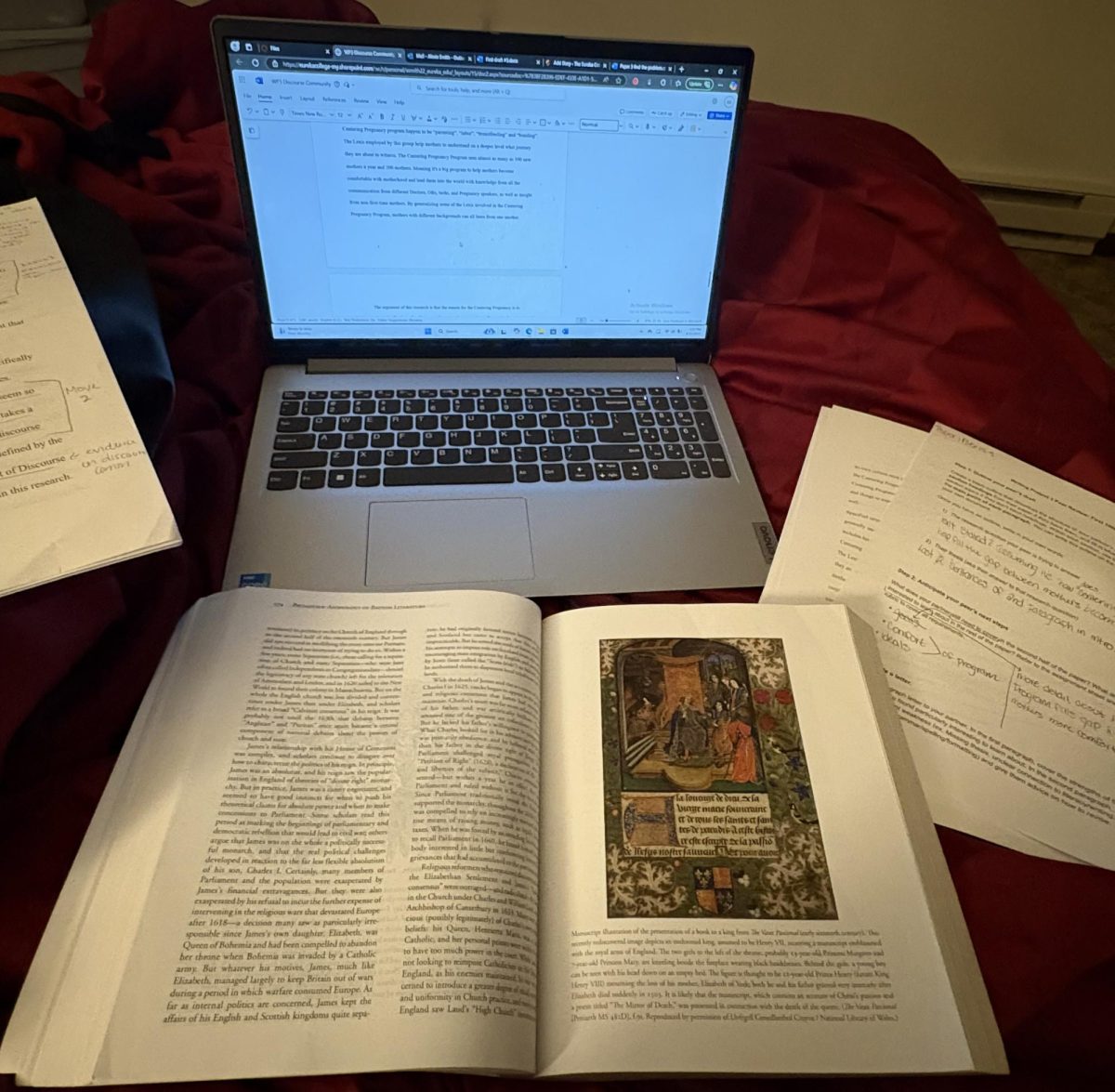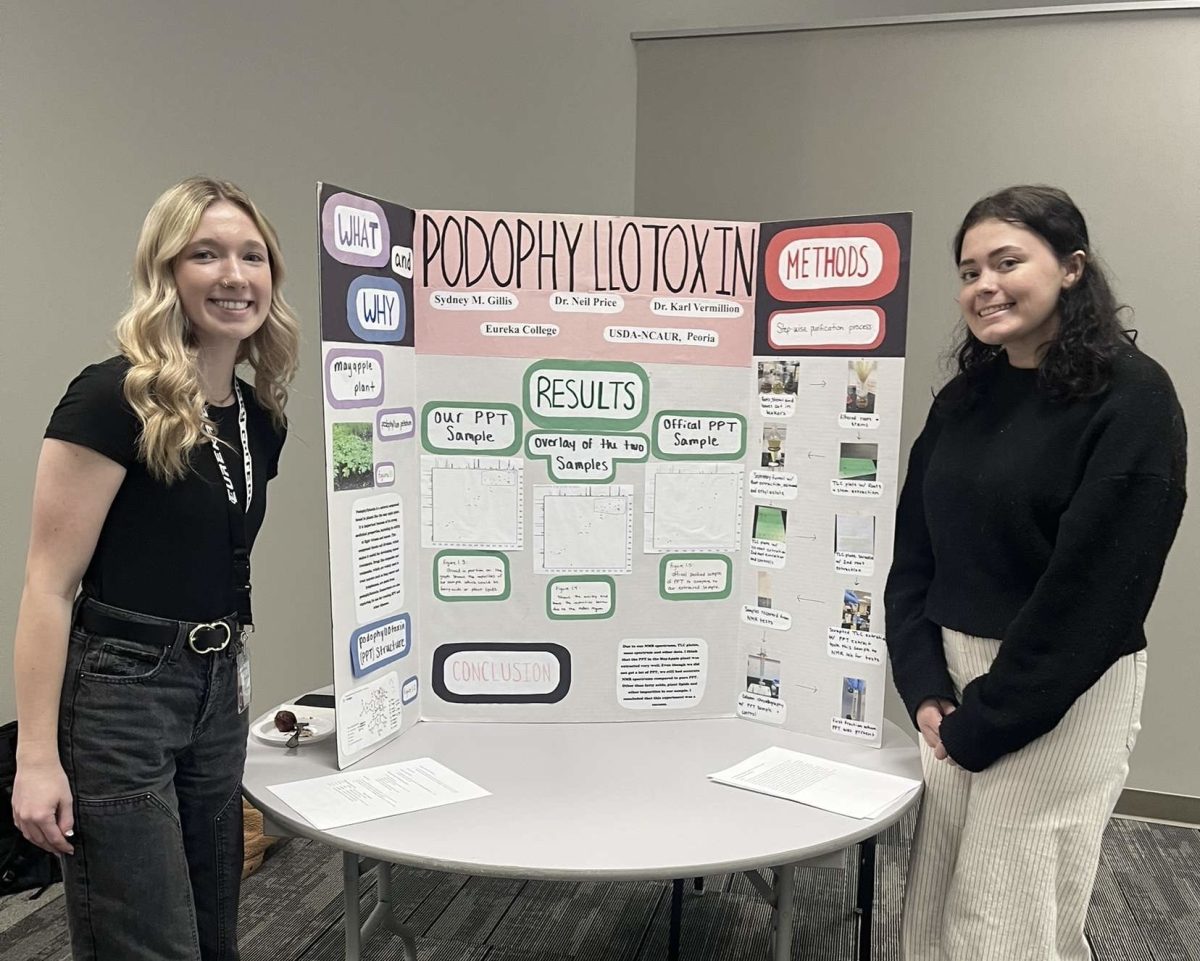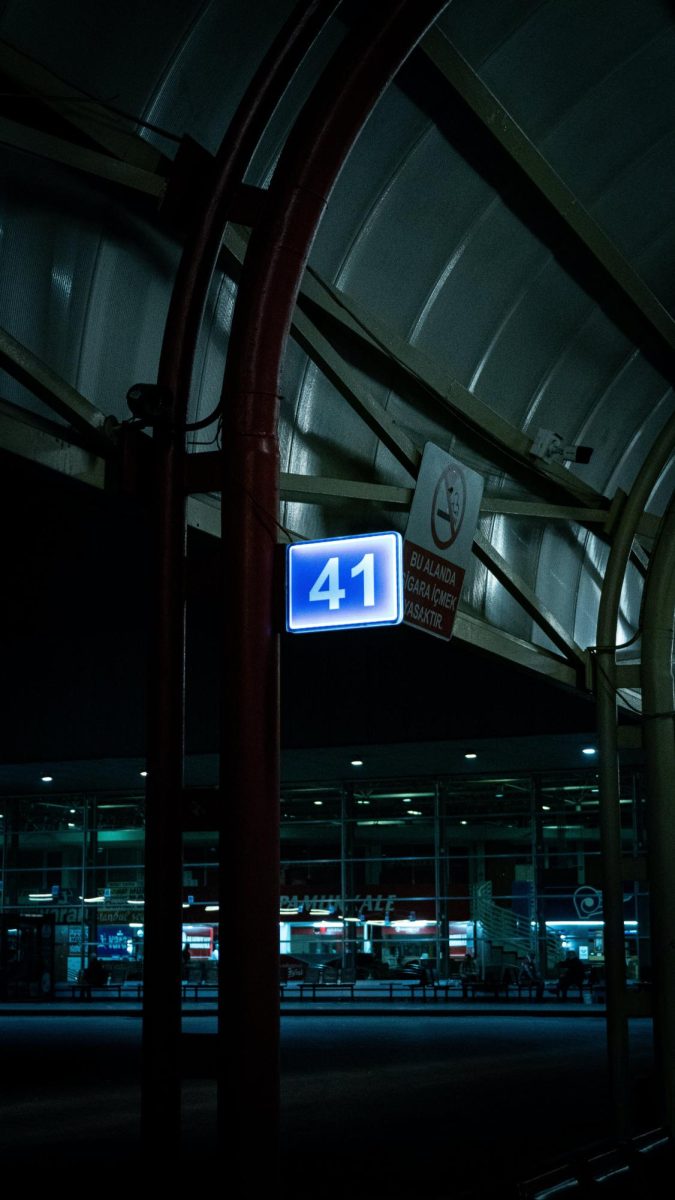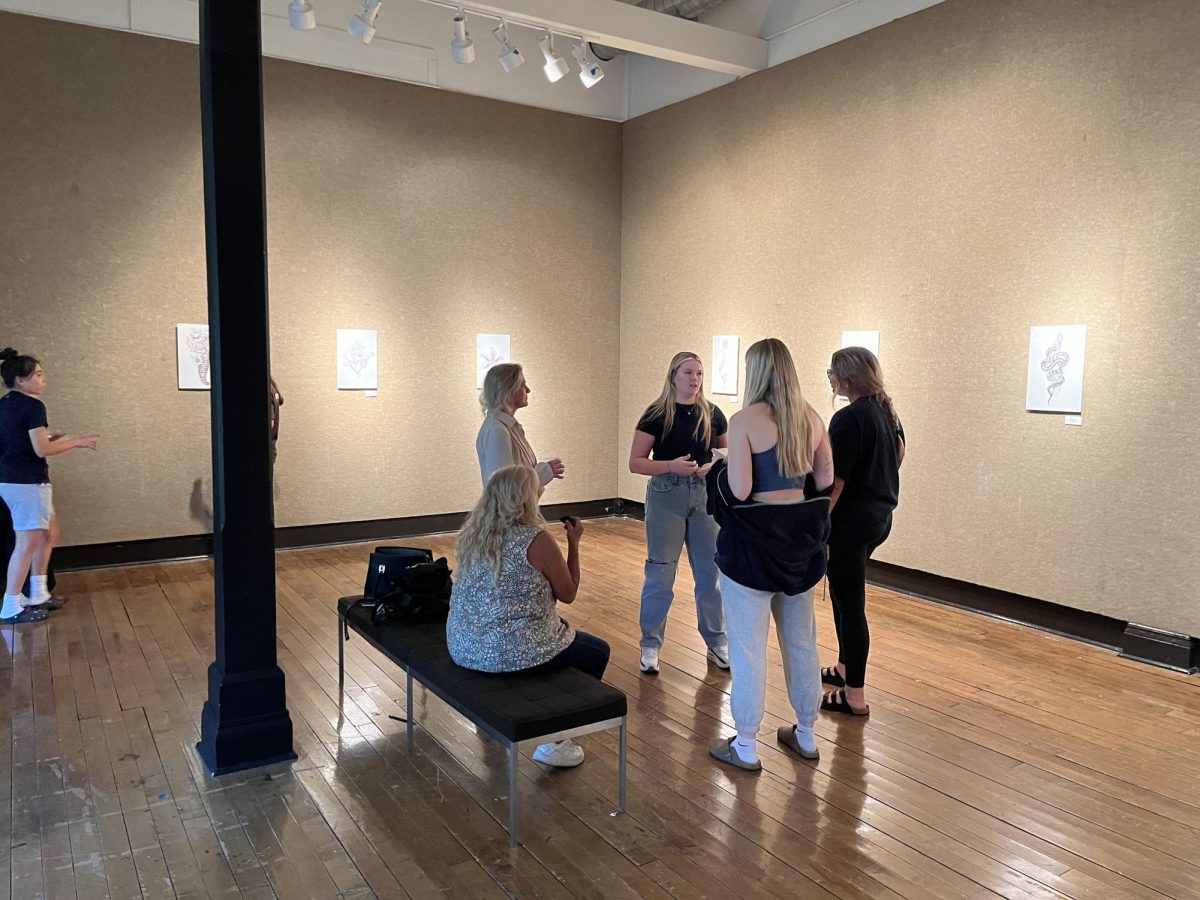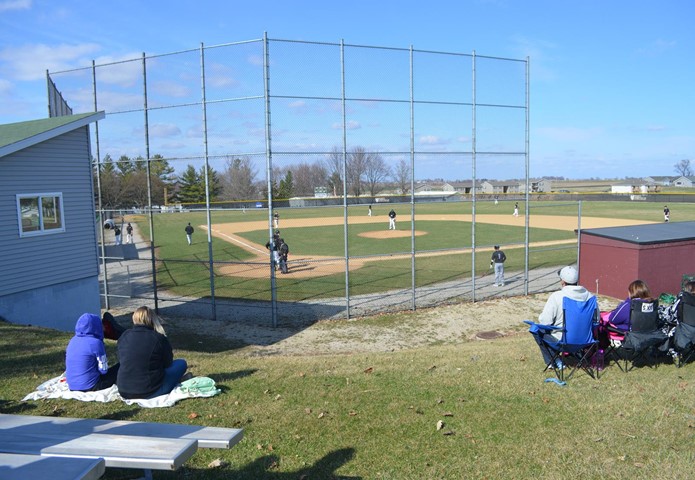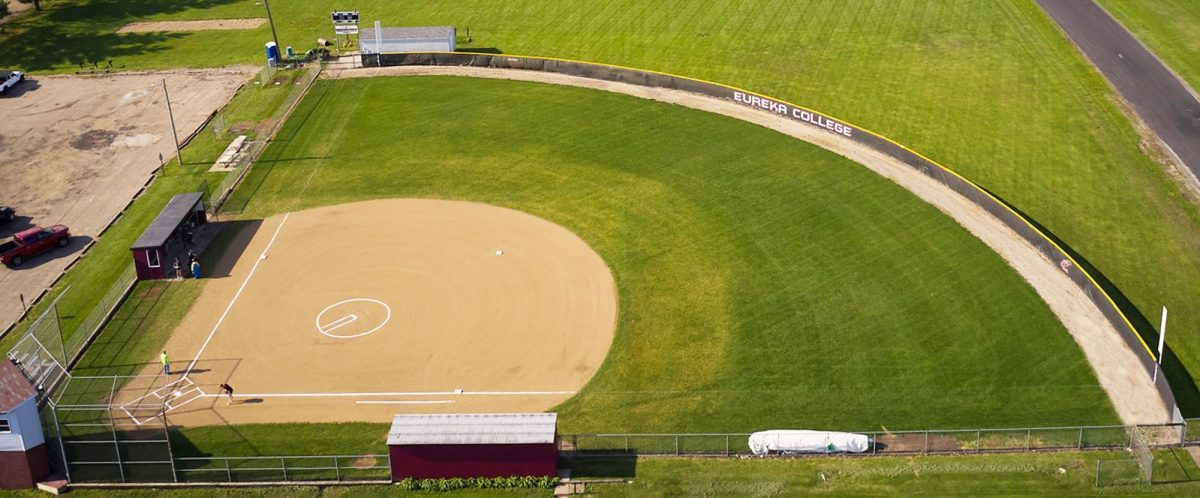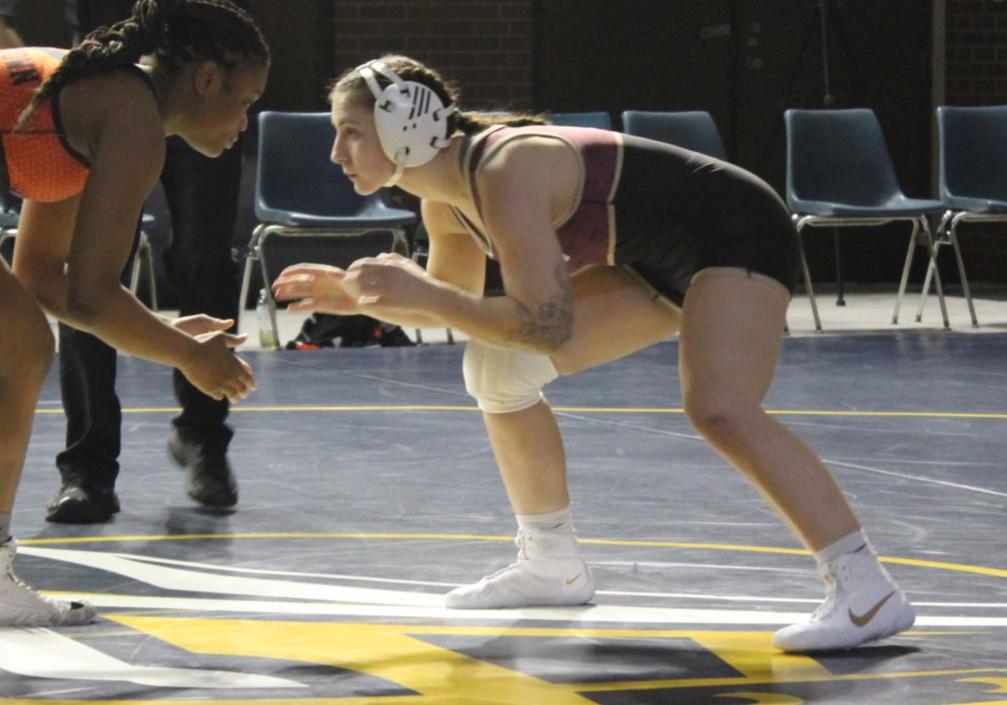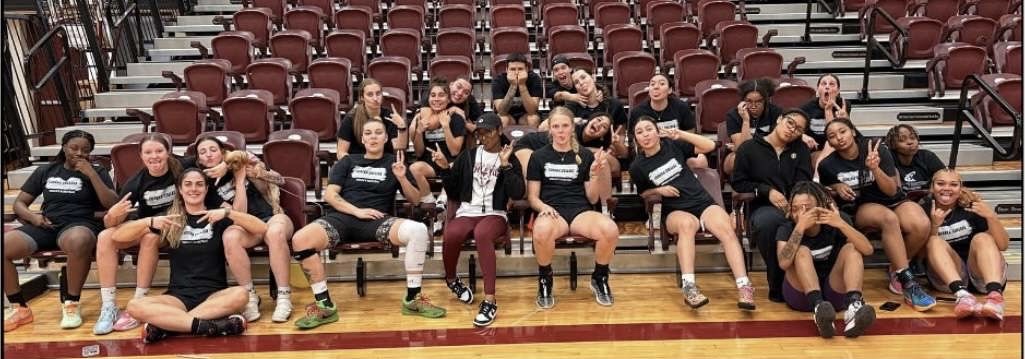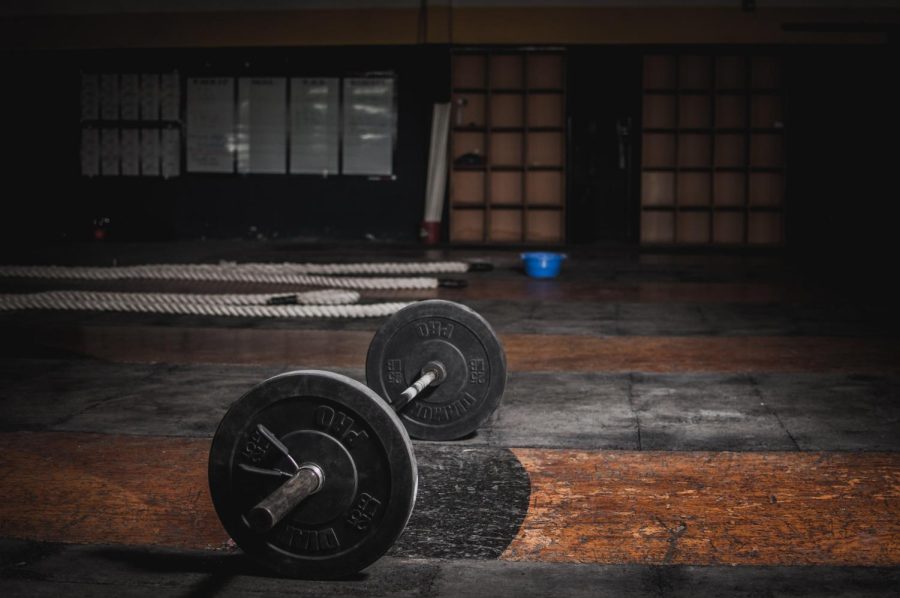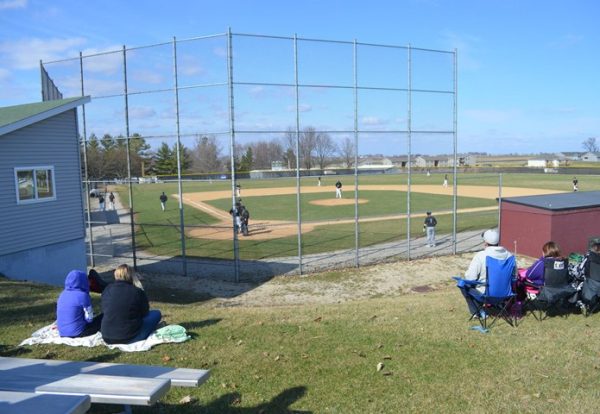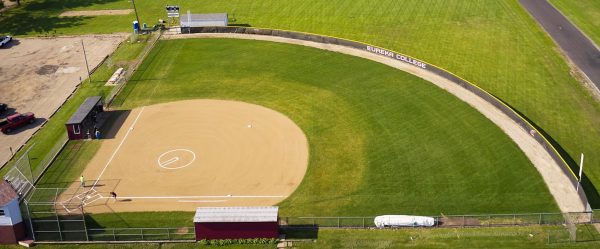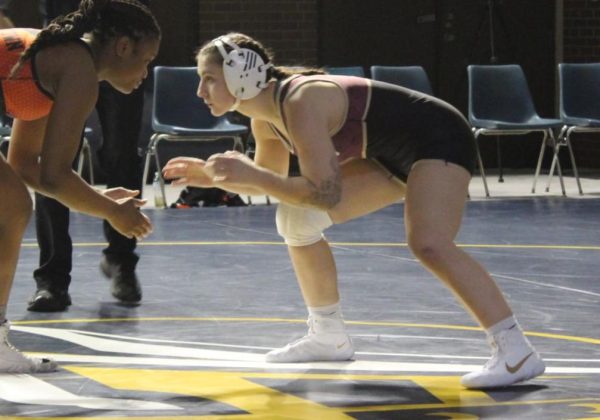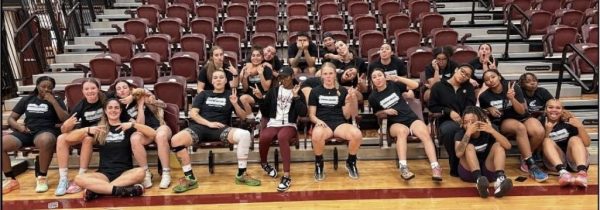Do Workouts Interfere with Morning Classes?
To succeed college athletes must meet expectations and standards across many different departments. Athletes must work hard in their given sport while still prioritizing academics as their main focus. Maintaining good social skills and focusing on academics is what matters most. To be an eligible athlete on a team one must put in the work required of them in the classroom first. If students want to be an athlete in college they need to think from a more well-rounded perspective because they are a student first, and their classroom priorities should take the front seat.
However, there is a constant battle with the balancing of athletics and academics. Morning workouts seem to be a large part of that battle for many students. These workouts are most often utilized by coaches in the off-season to prepare their athletes while being respectful of space constraints for other athletic teams. Even though they are supposed to have a positive outcome, some athletes think the problems outweigh the benefits. The beliefs on this topic are split because in reality athletes are tired in class. After all, the muscles are just beginning to adjust to the weight, especially when athletes work 4 days out a week. The other 50% I mean as students and coaches we know we have to work out so get some sleep. That’s not the point, either way, whether you get to sleep or not your body is still physically tired. Emotions also play a part in this subject; athletes are physically tired in the classroom because their coaches push them every day bright and early. But there’s no harm done right?
I got a couple of opinions on how athletes feel after lifting weights at five o’clock in the morning. A Freshman Eureka player (fs) Kavion Nichols stated his opinion on the topic, “morning workouts get us up and running and it’s needed”, said Nichols “but the way I feel after is exhausting”. I understand as an athlete that we will come across some soreness but that’s part of the process. That’s not all, being exhausted also can affect how you perform in the classroom. Nichols then states, “being exhausted and tired makes me also dose off in class, I at least need a nap before class”. Workouts do make us tired and very much sore, so our bodies are worn out and moving extra slow and the slumber of sleep takes over. Just like that was sleep in class, so that’s why we e-mail professors and say we’re not coming to class because we just want to get some sleep instead of falling asleep in the actual class.
As student-athletes, we know that somehow, we still have to be accountable and make sure we know what’s going on in class by reaching out to professors, and classmates to get the lesson or lecture on that day that we missed. Do coaches know workouts can drain your body no matter how much sleep you get? A Volleyball coach who has a group of college athletes who also does their workouts in the morning, Coach Candance stated, “get rest, go to bed earlier because rest does your body good and healing and prevents injuries”. As athletes, we get to sleep for healing, but the next morning after workouts we get the same feelings it’s like a pattern. Athletes’ lives are patterns if you haven’t noticed because they wake up and go to workouts and feel sore and tired just to go to class to fall asleep, when athletes know better, so they fall asleep in their beds. Would you rather us fall asleep in the classroom or our actual rooms?
I spoke with at least 10 athletes, and I think I would get the same answers from them, but coaches and athletes are two different people. My point is how are the coaches going to tell us how our bodies should feel or if we’re tired or not when the athletes are putting in the work? Even though athletes get the sleep they’re supposed to, when the athletes are done with their two-hour workouts their bodies are drained because they’ve used the energy, they regenerated the night before to wake up for workouts. So, what do you think are workouts interfering with classes or not?
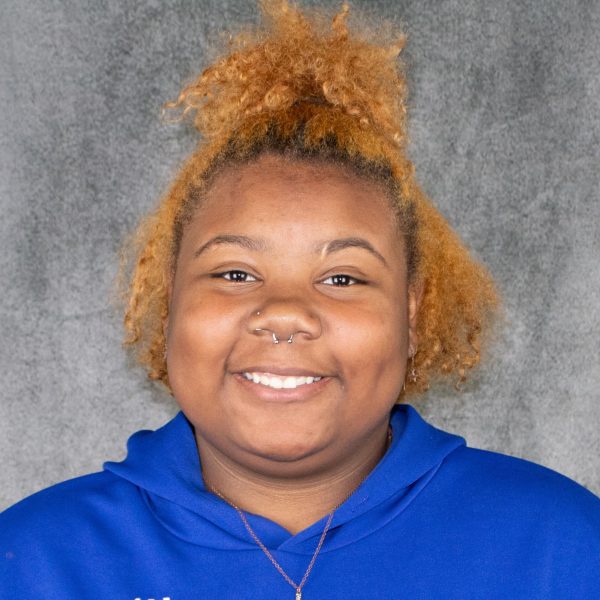
Alexis Smith (Peoria, IL) is a sophomore majoring in Communications and Media Studies. Alexis has been interested in writing and has also been looking...


